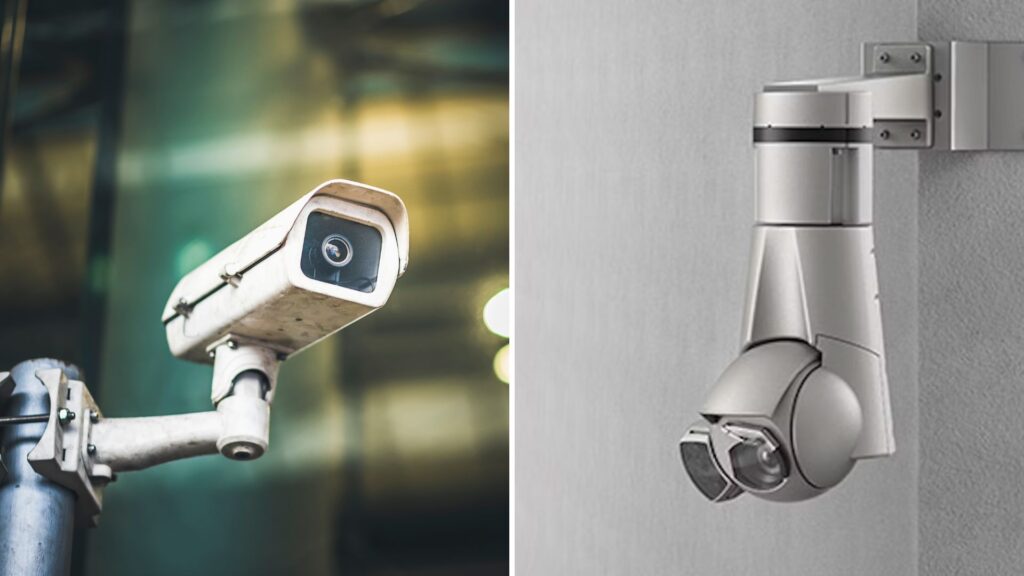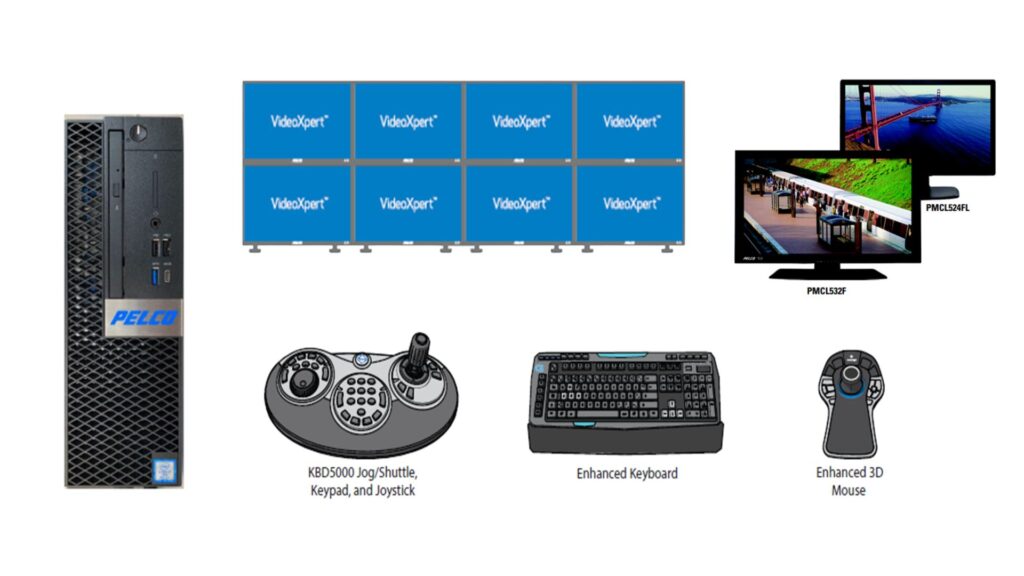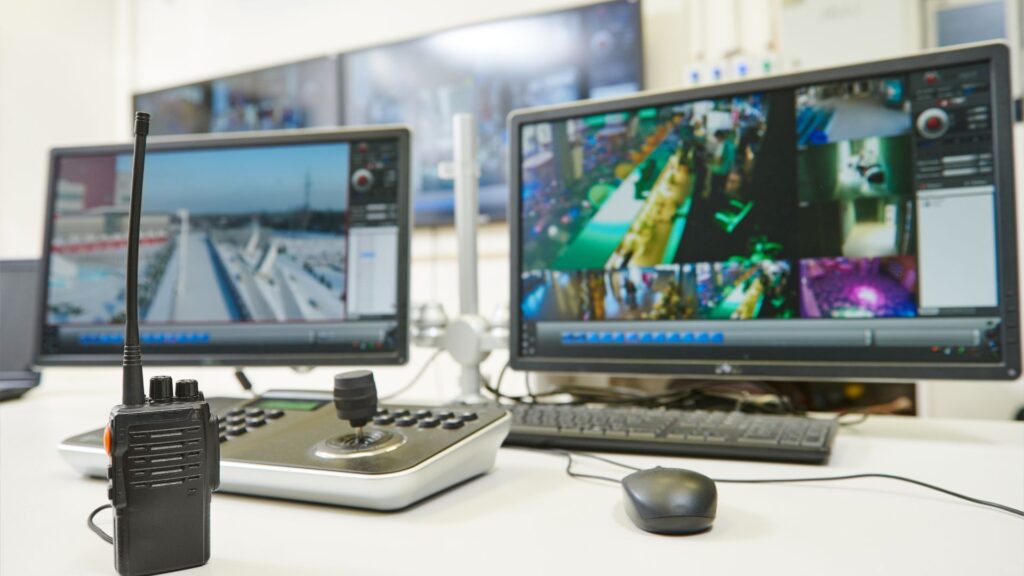When it comes to securing industrial environments, the choice between IP security cameras and traditional CCTV cameras is critical. IP cameras offer a range of technical advantages that make them superior for industrial use. Here’s an in-depth look at the key reasons why IP security cameras are better than traditional CCTV cameras.
1. Superior Image Quality
High Resolution
IP Cameras: Offer high-definition (HD) and even 4K resolutions, providing clear and detailed images that are crucial for identifying people, objects, and incidents.
CCTV Cameras: Typically have lower resolution, which can result in grainy and less detailed images, making it harder to identify specifics in the footage.
Wider Field of View
IP Cameras: Often come with wide-angle lenses and the ability to digitally pan, tilt, and zoom (PTZ), covering more area with fewer cameras.
CCTV Cameras: Usually have a fixed field of view, requiring more cameras to cover the same area.
2. Advanced Features and Analytics
Motion Detection and Alerts
IP Cameras: Equipped with advanced motion detection algorithms that can trigger alerts and notifications, reducing the need for constant human monitoring.
CCTV Cameras: Generally lack sophisticated motion detection capabilities, relying on continuous recording and manual monitoring.
Video Analytics
IP Cameras: Can integrate with software that provides advanced analytics, such as facial recognition, license plate recognition, and behavior analysis.
CCTV Cameras: Typically do not support these advanced analytics features.
Integration with IoT and Smart Systems
IP Cameras: Can easily integrate with other IoT devices and smart systems, allowing for a unified and automated security infrastructure.
CCTV Cameras: Lack the flexibility and connectivity to integrate seamlessly with modern IoT and smart systems.

3. Scalability and Flexibility
Network-Based
IP Cameras: Utilize standard network infrastructure (Ethernet), making it easy to add or relocate cameras without significant rewiring.
CCTV Cameras: Require dedicated coaxial cables for each camera, which can be cumbersome and expensive to install and modify.
Power Over Ethernet (PoE)
IP Cameras: Can be powered through the same Ethernet cable used for data transmission (PoE), simplifying installation and reducing cable clutter.
CCTV Cameras: Typically require separate power sources, increasing the complexity of the installation.
4. Storage and Accessibility
Network Video Recorders (NVRs)
IP Cameras: Use NVRs that store footage digitally on hard drives, with the ability to scale storage capacity as needed.
CCTV Cameras: Rely on Digital Video Recorders (DVRs) that often have limited storage capacity and scalability.
Remote Access
IP Cameras: Allow for remote access to live and recorded footage via secure internet connections, enabling monitoring from anywhere in the world.
CCTV Cameras: Usually require physical access to the DVR for playback and monitoring, limiting remote accessibility.
Cloud Storage
IP Cameras: Offer cloud storage options, ensuring that footage is securely stored off-site and accessible even if the on-site system is compromised.
CCTV Cameras: Rarely support cloud storage, posing a risk if the DVR is damaged or stolen.
5. Cost Efficiency and Future-Proofing
Initial Investment
IP Cameras: May have a higher upfront cost but provide long-term savings through reduced installation costs, lower maintenance, and scalable storage solutions.
CCTV Cameras: Often appear cheaper initially but incur higher long-term costs due to complex cabling, limited scalability, and higher maintenance requirements.
Future-Proof Technology
IP Cameras: Continuously evolving with advancements in technology, ensuring compatibility with future upgrades and innovations.
CCTV Cameras: Becoming increasingly outdated, with limited support for new features and technologies.
Talk to An Expert
While IP security cameras offer advanced features, higher resolution, and greater flexibility, the continued use of traditional CCTV cameras can be attributed to cost considerations, simplicity, existing infrastructure, and specific use cases.
However, investing in IP security cameras ensures that industrial facilities are equipped with the latest technology to protect assets, ensure safety, and enhance operational efficiency. With over 10 years of industry experience, contact us today to discuss your requirements, and make the best choice.


